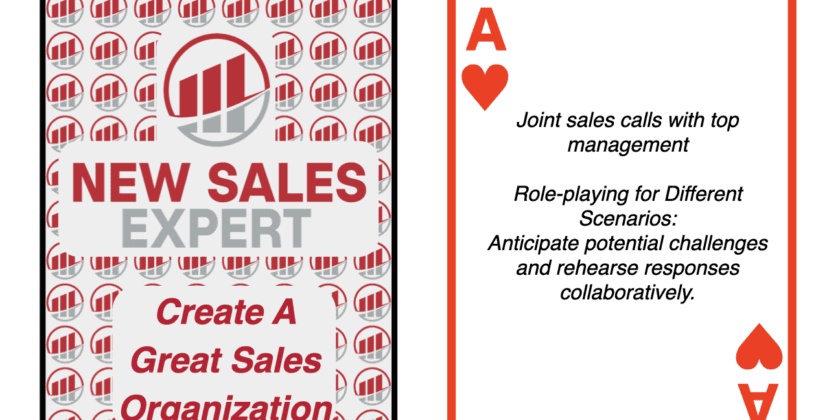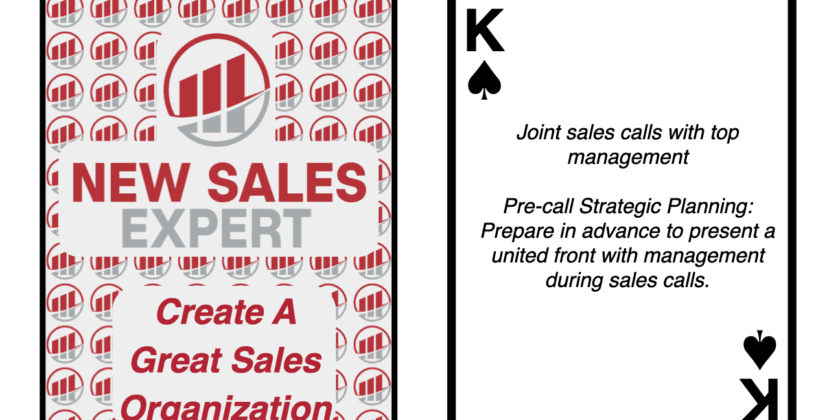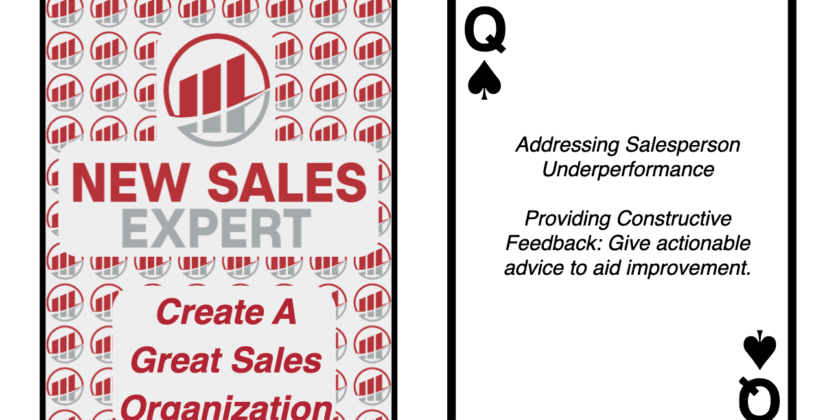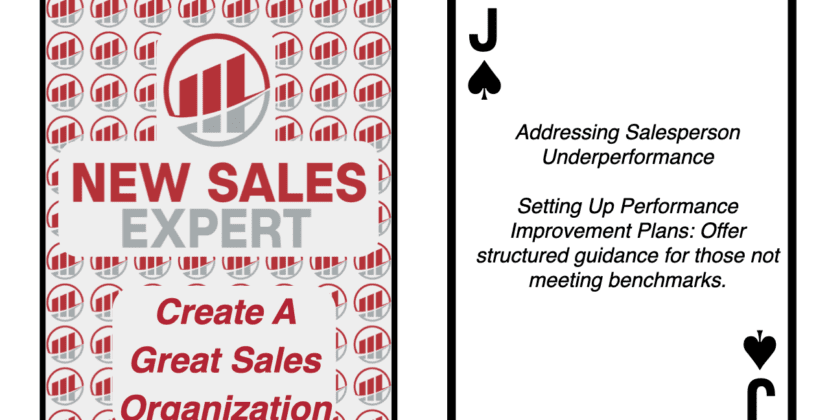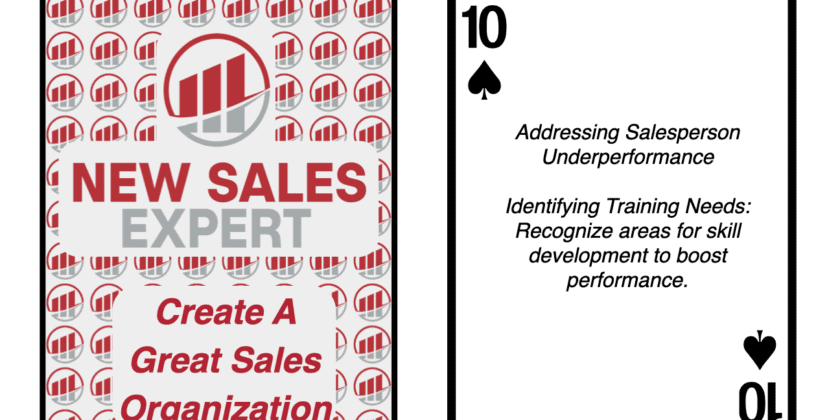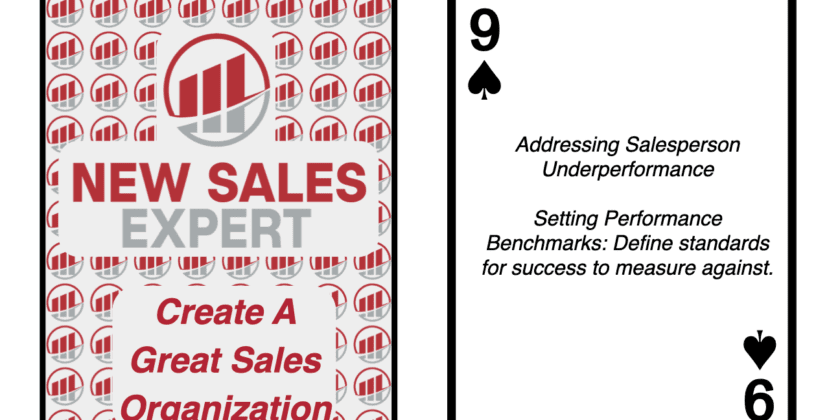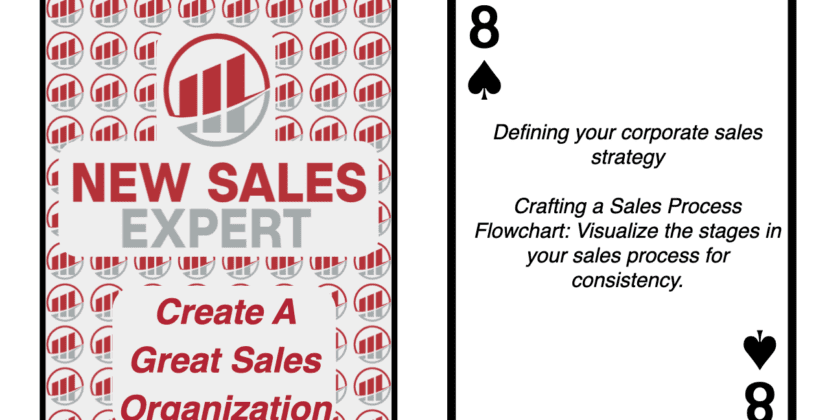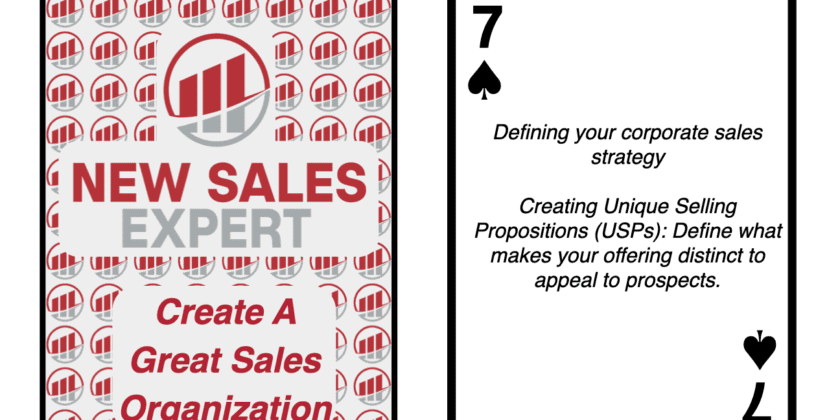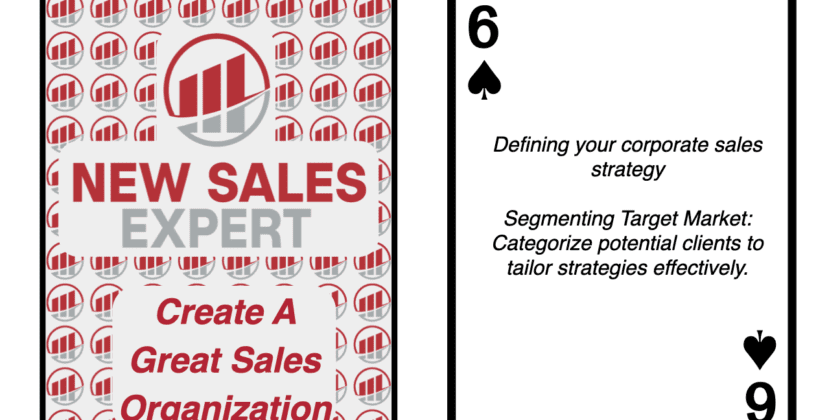When top management joins a sales call, the dynamic shifts dramatically. Like a well-rehearsed play, every dialogue, every objection, and every response can determine the final outcome. In this complex environment, role-playing transcends its initial perception as a mere preparatory exercise, morphing into an indispensable strategy for fine-tuning client engagement tactics. For sales calls involving top management, role-playing is not just beneficial; it is essential. It serves as a rehearsal space, allowing for the anticipation of challenges and the crafting of cohesive strategies.
To be effective, role-playing must replicate the actual sales situation as closely as possible. This means mirroring the physical environment, whether it’s a conference room or a virtual meeting space, and incorporating realistic names, data, and potential scenarios. Pay attention to the details since the more accurate the simulation, the more valuable the insights gained. A well-structured role-playing session will have a designated observer, ideally someone from the sales or training team, whose role is to provide unbiased, constructive feedback. This feedback is instrumental in refining the approach, responses, and overall strategy.
Anticipating and Rehearsing for Varied Client Interactions
Remember, unpredictability is the only constant. Role-playing should, therefore, encompass a wide array of scenarios, from the most optimistic to the most challenging. This could include sudden objections, queries about pricing strategies, or concerns about product implementation. Anticipating these scenarios and rehearsing responses instills confidence in the sales team and ensures that both the team and management are aligned in their approach. It’s about being prepared for every turn the conversation could take.
Feedback: The Cornerstone of Role-Playing
In these practice sessions, feedback is invaluable. The observers and the participants shouldn’t just identify areas of improvement but also recognize and reinforce what works. The observer plays a crucial role here, offering insights into what went wrong and effective tactics and strategies. This feedback should be seen as a growth tool, guiding the sales team and management toward a more refined, impactful interaction with the client.
One of the most significant advantages of role-playing is its opportunity to hone objection-handling skills. In these simulated environments, sales teams and management can practice and perfect their responses to potential client pushbacks. This preparation is crucial, as it enables the team to confidently handle real-time objections, turning potential deal-breakers into opportunities for further engagement.
Active Listening: A Skill Perfected Through Simulation
A common pitfall in sales calls is the tendency to focus solely on delivering the presentation or what the sales and management team will say at the expense of truly listening to the client. Role-playing sessions offer an excellent opportunity to practice active listening. By engaging in these simulated conversations, both the sales team and management learn to tune into the client’s needs and concerns, ensuring that the actual sales call is a two-way dialogue rather than a one-sided presentation.
Implementing Role-Playing as a Standard Practice
To bring this theory into practice, identify an upcoming high-stakes joint sales call and schedule a dedicated role-playing session. Include all key participants, especially those from top management, and create scenarios that mirror the most likely challenges you’ll face. An experienced member of your team should observe and provide actionable feedback. If possible, record these sessions for further analysis and review.
This approach serves several purposes. It prepares the team for the actual call, ensuring everyone is aligned in strategy and messaging. It also helps establish a rapport between the sales team and management, fostering a sense of collaboration and unity. Remember, the goal here is to secure the deal at hand and build a robust, collaborative framework that enhances your overall sales strategy along with the skills of the sales personnel when management is not riding along to the sales call.
In preparation for joint sales calls with top management, role-playing is a strategic necessity. It’s a commitment to excellence that pays dividends not just in the immediate deal but across the sales spectrum. By investing time and resources in these sessions, you’re not just preparing for a sales call; you’re honing a skill set that elevates your entire sales approach.

